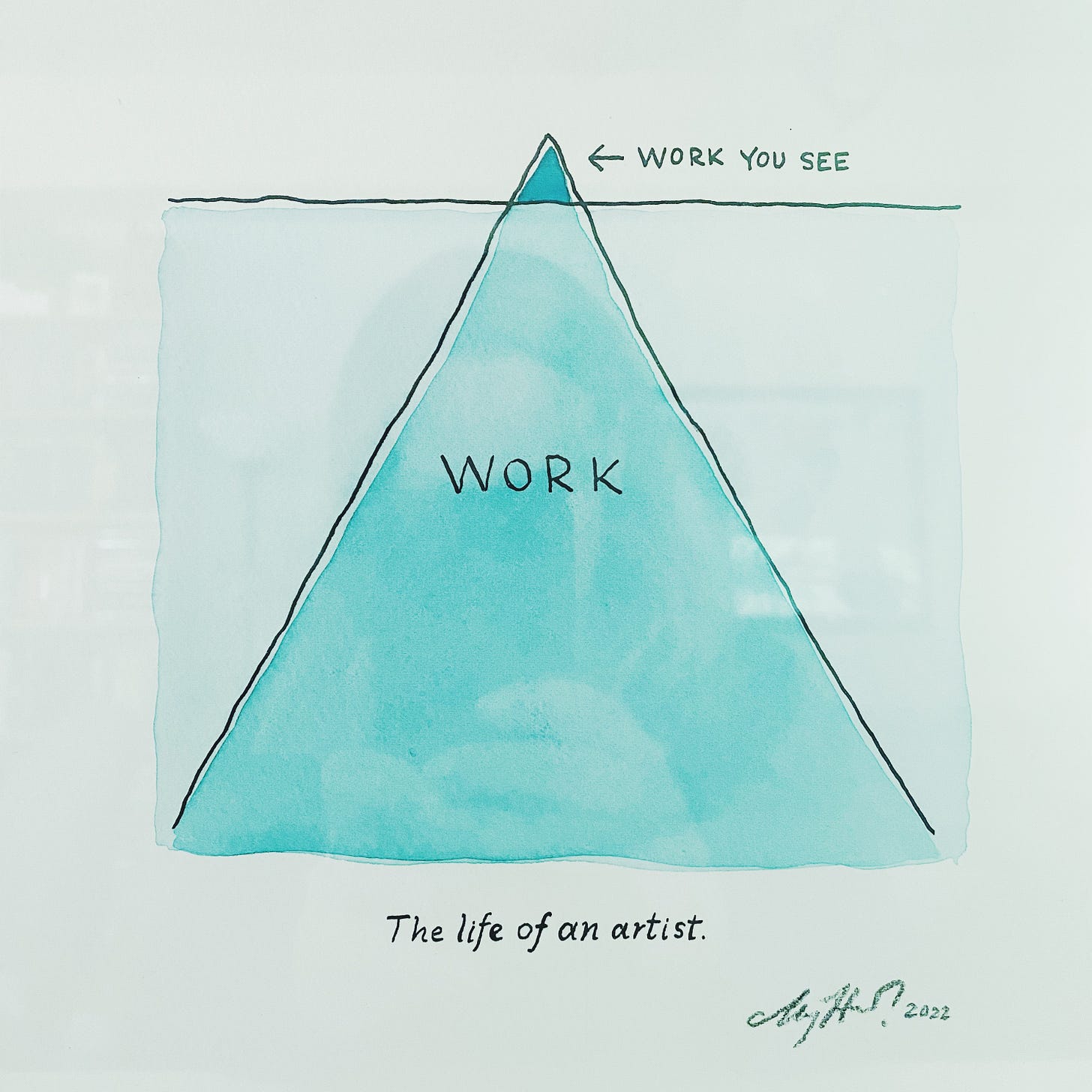What next?
Some thoughts on what to do if/when querying doesn't go as planned.

Today I’m answering another reader question, this one from Shelby, who asks:1
Do you have any advice on querying, especially when hitting walls? After a year of rejections, I feel like I’m out of options. What next?
I love this question because hitting walls is a thing that happens often in this field, and not just to querying authors. It happens to agented-and-aspiring authors, too, and even published authors, often times in acquisitions meetings. Progress is rarely linear, and success can be followed by slumps or ruts or flatlines.
I’ll start by saying this Shelby: I’m sorry you’re feeling discouraged, but in a strange twist of fate, this feeling of “Ugh, what next?!” is a great feeling to get comfortable with. You don’t have to like the feeling, of course, but most writers I know ask themselves this question at least once a year—maybe even monthly—so you’re not alone!
Keep reading with a 7-day free trial
Subscribe to From the Desk of Erin Bowman to keep reading this post and get 7 days of free access to the full post archives.

